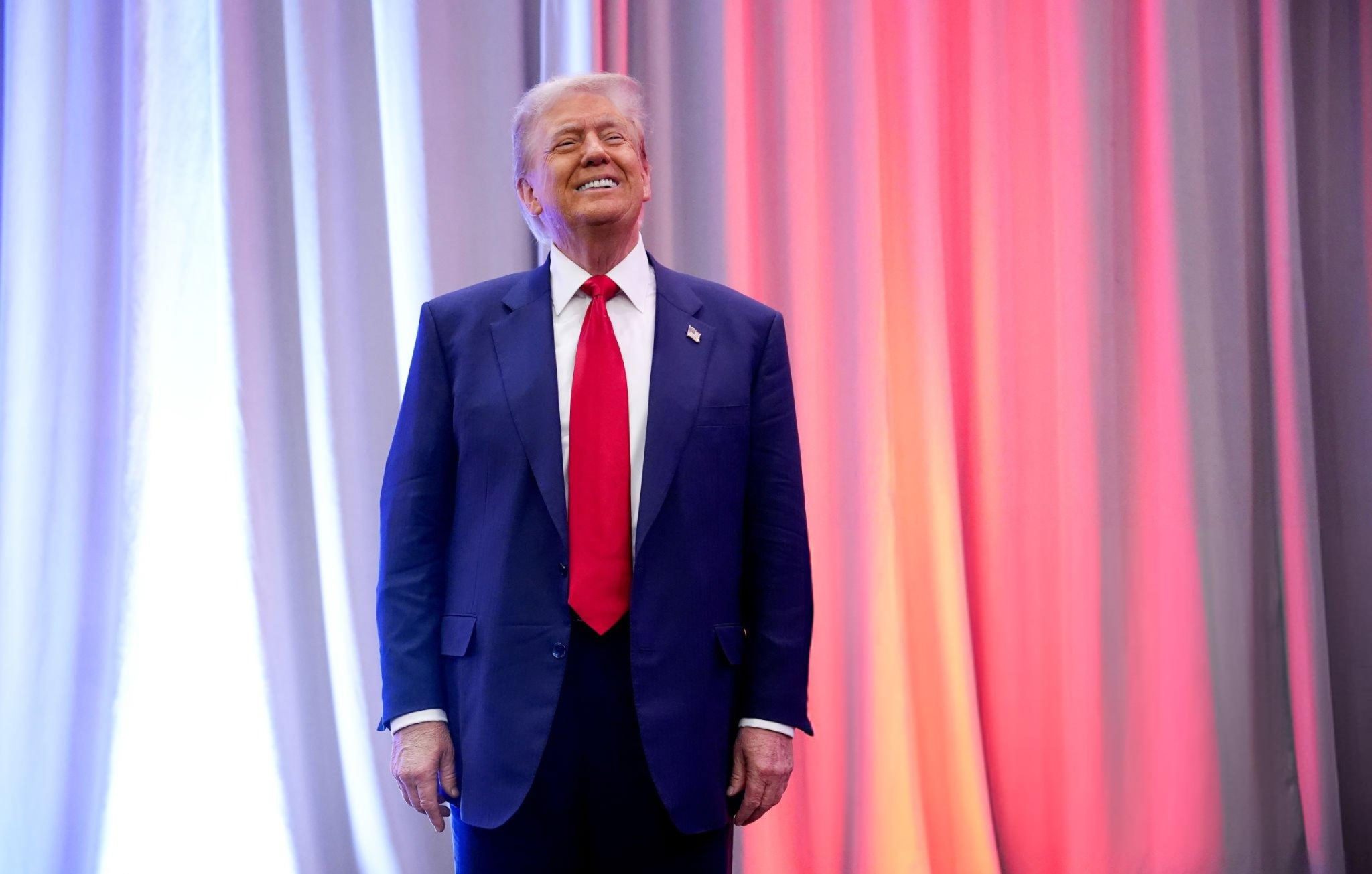This week brought two major economic developments with far-reaching implications for U.S. economic policy and everyday consumers.
Trump’s commerce secretary pick
President-elect Donald Trump has nominated Howard Lutnick, CEO of Cantor Fitzgerald, as the new commerce secretary. Lutnick’s selection signals a strong focus on trade and tariffs, as he is set to oversee the U.S. Trade Representative’s office. Trump’s decision to assign Lutnick to this role, rather than making him the face of Treasury, reflects a nuanced approach to reassuring markets while keeping a robust trade agenda.
Lutnick will have a pivotal role in enforcing and potentially expanding tariffs, including the renegotiation of key trade agreements like the USMCA. This pick underscores Trump’s campaign promises to impose tariffs as a central tool of economic strategy. Proposals include across-the-board tariffs ranging from 10% to 20% on imports and steeper rates for China. While such moves aim to bolster domestic manufacturing, they raise concerns about inflation and market stability.
Walmart and retailer concerns
Meanwhile, Walmart CFO John David Rainey issued a warning that tariffs could lead to higher prices for consumers. Speaking on CNBC, Rainey emphasised Walmart’s commitment to “everyday low prices” but acknowledged that cost pressures from tariffs might necessitate price hikes.
This sentiment is echoed by other retail leaders. Lowe’s CEO Marvin Ellison expressed similar concerns, and the National Retail Federation has been vocal about the negative impact of tariffs, calling them a “tax on American families.” NRF leaders warn that tariffs on goods like clothing, furniture, and appliances could drive inflation and result in job losses.
Broader implications
Retailers aren’t alone in anticipating higher prices. Companies such as AutoZone and Columbia Sportswear have signalled plans to pass increased costs onto consumers. Some businesses are preemptively shifting supply chains to mitigate tariff impacts, moving production to countries like Vietnam or stockpiling inventory.
While Trump’s tariff policy may encourage reshoring and diversify trade dependencies, its effectiveness will depend on the balance between domestic manufacturing incentives and consumer price stability. Walmart’s cautionary note, alongside retailer and industry reactions, suggests a complex road ahead.
As Trump’s administration finalises its economic team, including the treasury secretary and National Economic Council director, these decisions will shape trade and retail landscapes for years to come.







